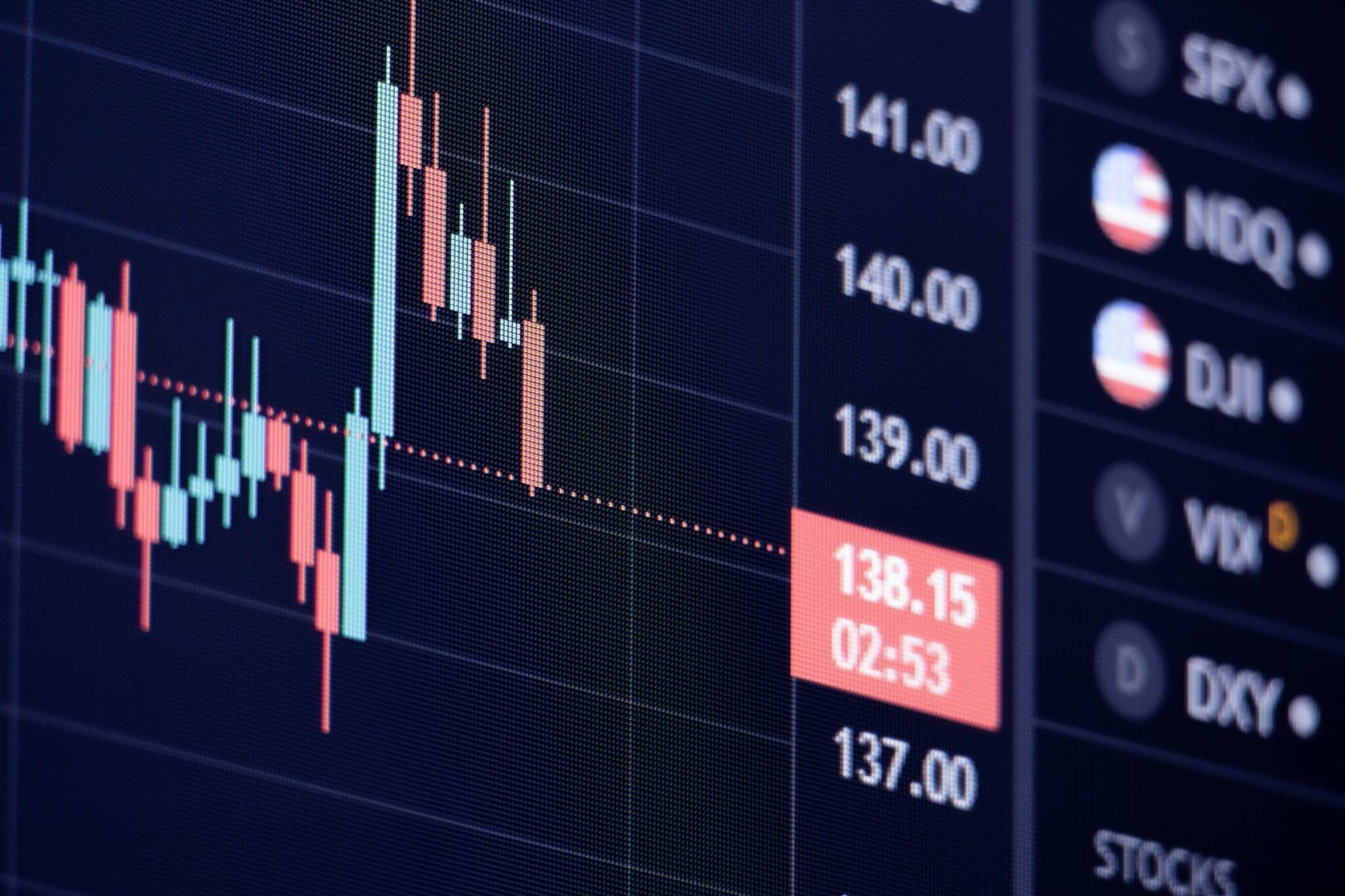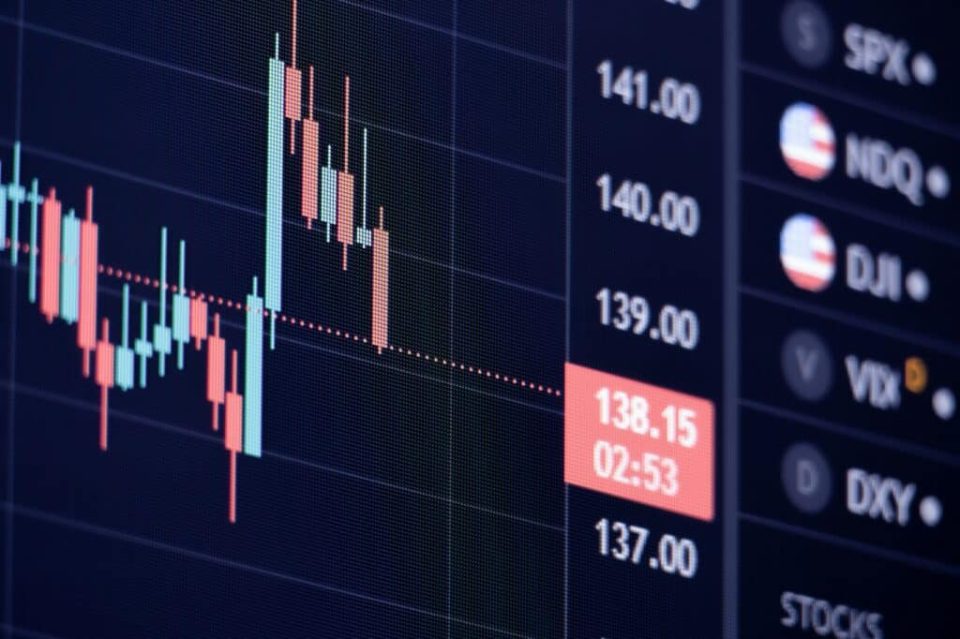
Photo by Tötös Ádám on Unsplash
Kenya’s Nairobi Securities Exchange (NSE) has announced a partnership with DeFi Technologies, SovFi, and Valour Inc. to launch a Kenya Digital Exchange (KDX), a regulated platform aimed at tokenising real-world assets.
DeFi Technologies and its subsidiary, Valour Inc., are Canadian-based companies that provide decentralised solutions for traditional capital markets.
They are going to build KDX as a blockchain-powered platform that will also allow Kenyan companies to launch tokens and even tokenise assets, including equities, debt, funds, and commodities.
This platform will bring government oversight to digital assets that would have been created on public blockchains like Ethereum or Solana, where there’s little to no regulation.
It will allow companies to take advantage of the power of blockchain while remaining compliant with the rules and guidelines of security trading and creation.
KDX will be built on the Hedera blockchain, a decentralised public network that allows individuals and businesses to create decentralised applications (dApps). NSE joined Hedera’s Governing Council in October 2024, which now gives it the power to contribute to the governance of the Hedera Network, sharing voting power and operating a node.
Meanwhile, the KDX launch will be in three phases. The first phase will focus on designing the platform and ensuring regulatory compliance, with an emphasis on investor onboarding and primary market token issuance.
The second phase will introduce pilot trading and the issuance of exchange-traded products (ETPs) by Valour. This is expected to be listed on the NSE by Q3 2025.
The third phase will be the full commercial launch, which is estimated to happen in Q2 2026. After launch, the exchange will generate revenue in different ways, including trading fees, listing fees, and staking services.
The creation of KDX will mark a pivotal shift in Kenya’s capital market.
However, it also raises the question of why Africa depends on foreign decentralised infrastructures to create financial solutions. The KDX, which will be built on Hedera, an American blockchain network, will utilise the network’s native token, HBAR.
Interestingly, Nigerian blockchain infrastructure company, Zone, is proposing a similar solution that will utilise digital versions of local currencies.
In the meantime, exchange commissions in Nigeria and Kenya are becoming more open to blockchain-powered digital assets and possibly cryptocurrencies, a move that could bring about the emergence of completely new asset classes in Nigeria’s capital market.
